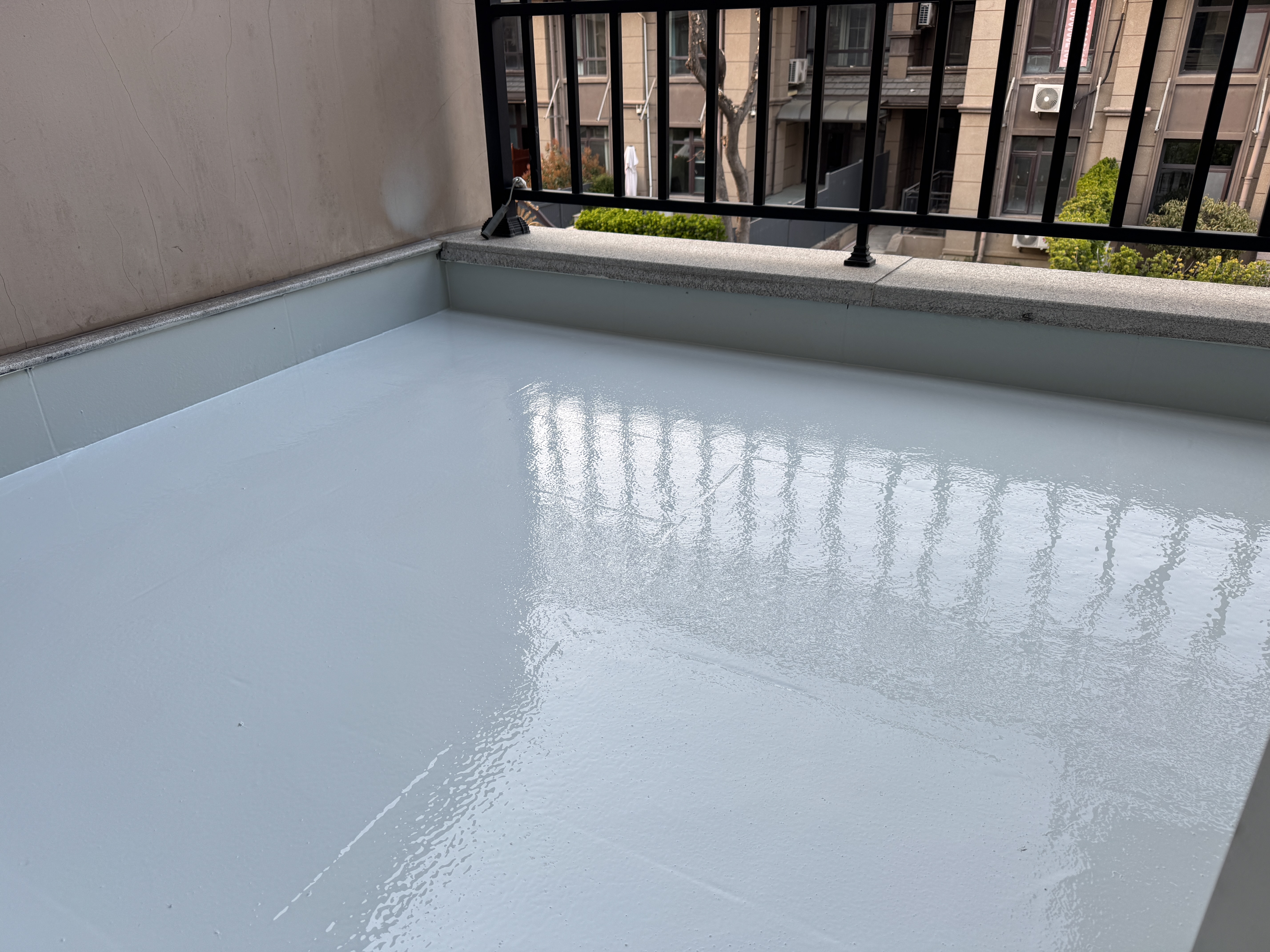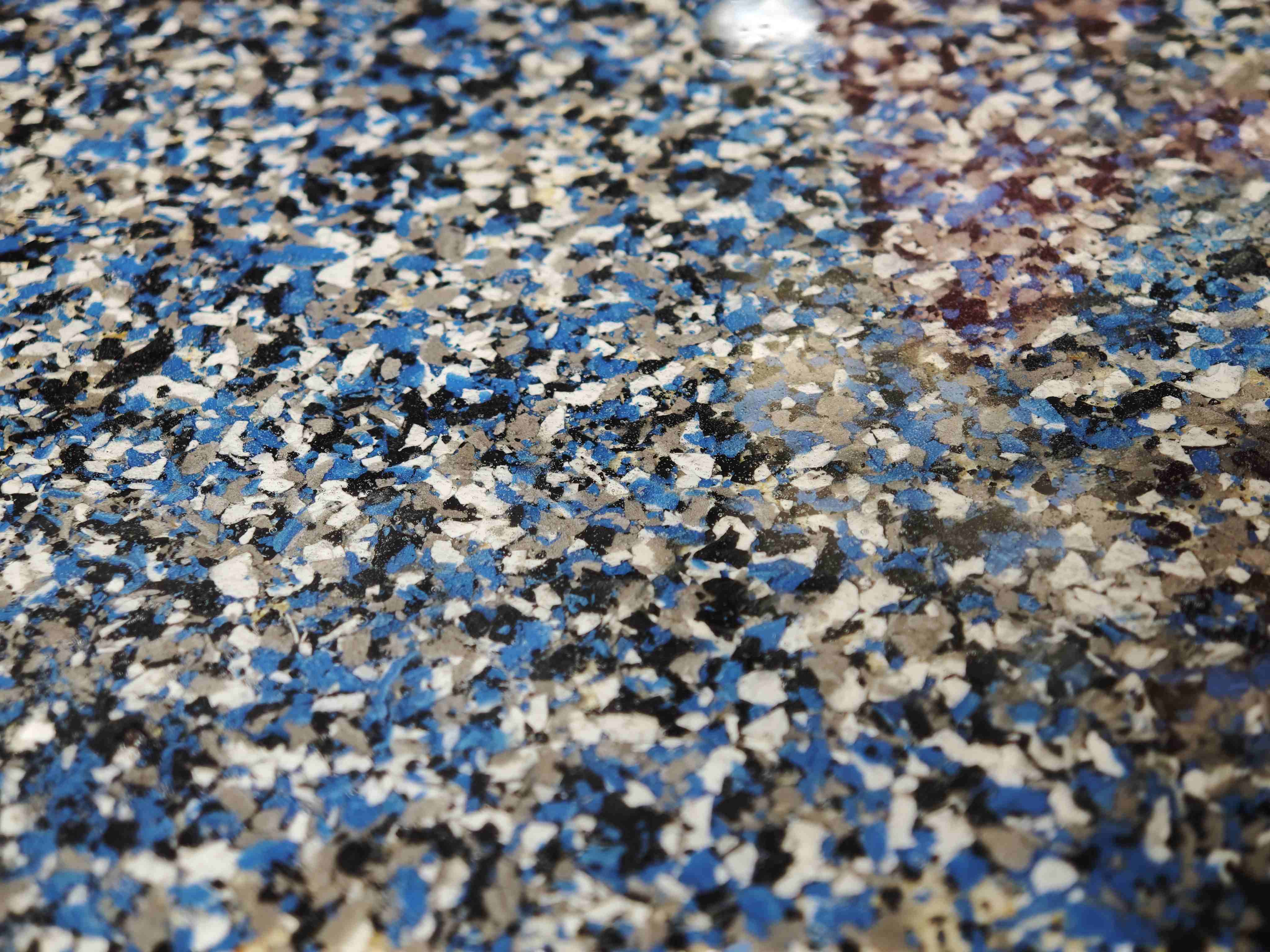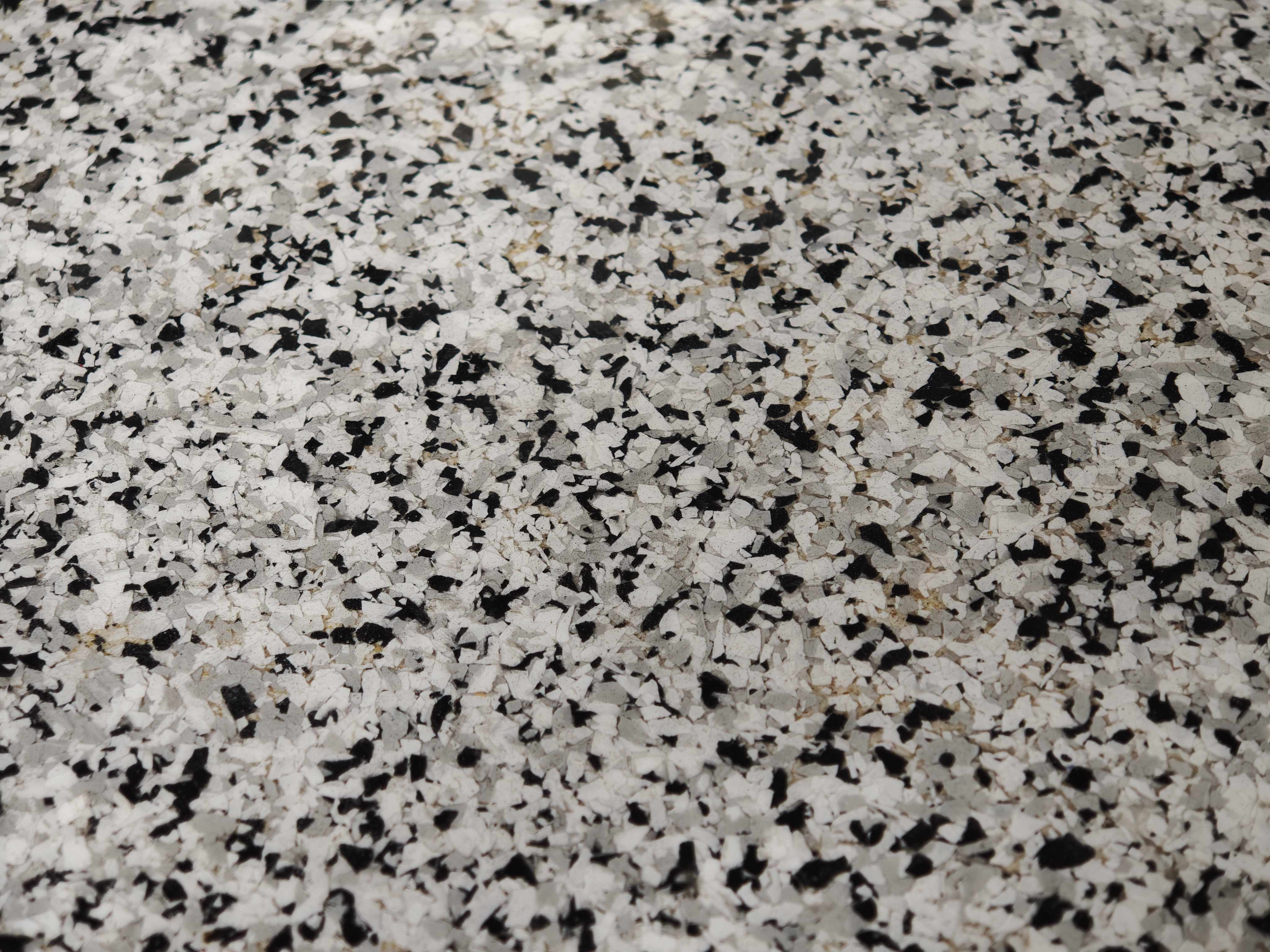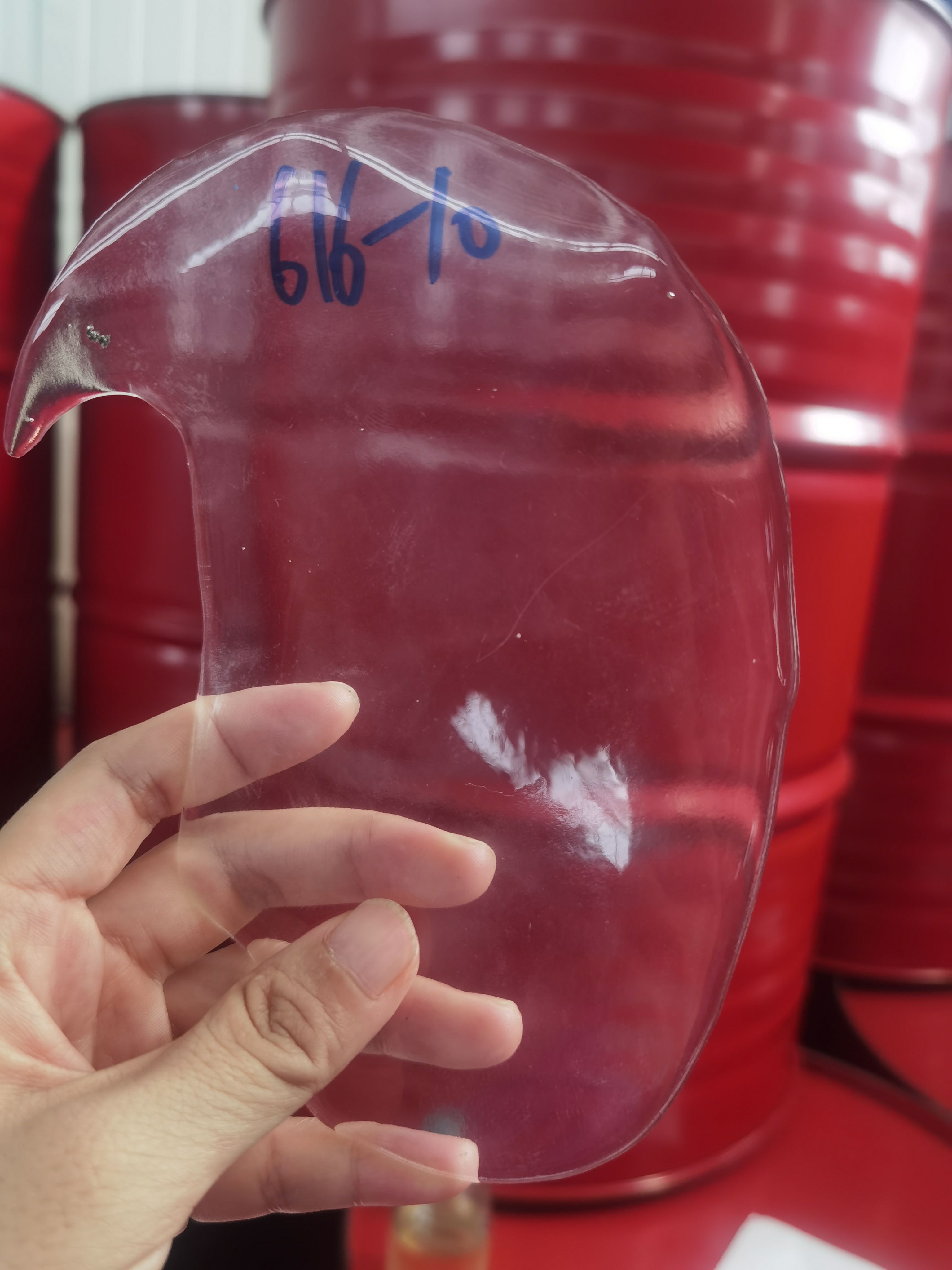spray polyurea, brushable polyurea, pure polyurea, clear polyurea, cold polyurea, viscosity damping material factory

- Home
- About us
-
Products
- Waterproof & Anticorrosive Polyurea
- Vibration & Noise Reduction Damping Material
- Military Defense Polyurea
- Brushable Polyurea
- Speaker Box Decorate Polyurea
- Belt Repair Anti-abrasion Polyurea
- Furniture Decorate Polyurea
- POLYSV Car Armor
- Aliphatic Polyurea
- Heat reflective polyurea
- transparent polyurea
- auxiliary products
- Corollary Equipment
- Applications
-
Technical Data
- How to Choose the Right Primer in Polyurea Projects
- How to Choose the Right Polyurea Spray Equipment
- Sprayed Polyurea VS Hand-Applied Polyurea: A Comparison of Two Application Methods
- How to Calculate the Consumption of Polyurea Coating?
- What Is the Difference Between Aliphatic Polyurea and Aromatic Polyurea?
- Limitations of Polyurea
- Differences Between Pure Polyurea and Hybrid Polyurea
- Maintenance Essentials for Polyurea Spray Equipment
- Can Polyurea Be Bulletproof?
- Do Color-Changing and Non-Color-Changing Polyurea Use Different Pigments?
- Recommendations for Polyurea Application in Humid Seasons
- Impact of Condensation on Construction Quality
- The Importance of an Oil-Water Separator
- The Importance of Putty in Substrate Preparation
- Causes of Pressure Imbalance in Polyurea Spray Equipment
- Polyurea Spray Auxiliary Equipment – Air Compressor
- Auxiliary Equipment for Polyurea Spraying – Refrigerated Air Dryer
- Auxiliary Equipment for Polyurea Spraying – Mobile Application Vehicle
- Application of Polyswell Polyurea Technology in Military Helmets and Ballistic Plates
- Pros and Cons of Single-Component Hand-Applied Polyurea
- Substrate Preparation for Polyurea Coating on Speaker Enclosures
- Application of Polyswell Soft-Feel Polyurea
- Polyswell's Specialized Polyurea for Speaker Enclosures
- The Difference Between Aromatic and Aliphatic Polyurea
- What Is Polyaspartic Polyurea?
- Can Polyurea Be Sprayed with Polyurethane Foam Equipment?
- Pros and Cons of Brushable Polyurea vs. Spray-Applied Polyurea
- Can Polyurea Be Applied on Damp Substrates?
- Main Industrial Applications of Polyurea Technology
- JHSW8601 Polyurea Waterproof and Anti-Corrosion Coating Successfully Passes Food-Contact Coating Standard Testing
- How Are Smooth and Textured Polyurea Surfaces Created?
- The Development History of Polyurea Spray Equipment
- Application of Polyurea Technology on Offshore Drilling Platforms
- Why Are the Temperature Sensor Wires in Polyurea Equipment Prone to Damage?
- Comparison Between Polyurea and Powder Coating
- Why Should the B Component Be Stirred Before Use?
- Why does the spray polyurea in the cold water storage tank always bulge and crack?
- Advantages and Disadvantages of Single-Component and Two-Component Brushable Polyurea
- Classification of Brushable Polyurea
- What is Hand-Applied Polyurea?
- Strength Development Characteristics of Polyurea
- Why Choose Pneumatic Transfer Pumps for Polyurea Spraying Equipment?
- Polyaspartic vs. Epoxy: Which Flooring Coating Reigns Supreme?
- Antistatic Polyurea Introduction
- Spray polyurea for high grade wood speakers
- The Key Points of Fire-retardant Polyurea
- Is Pure Polyurea Color Stable?
- The Influence on Quality of the Storage Stability of A side
- Polyurea for Army Equipements
- Is Hand Applied polyurea the Same as Spray Polyurea?
- Is Polyurea tintable?
- The Influence of Humidity on Polyurea
- What is the Recoat Window of the Primer
- Could Spray Polyurea be Transparent?
- Why Polyurea is Good for Roof Waterproofing?
- Why the Surface should be Dry Before Spray Polyurea
- Why dose Peeling off Occurs?
- How to Control the loss the Spraying Polyurea
- Spray Polyurea used on Foam Sculpture
- How to fix the Bulge
- What is the Difference Between Different Formulation of Polyurea
- How to Calculate the Consumption of Polyurea
- The Importance of Maintains of Polyurea Spray Equipment
- How to Chose a Good Spray Machine?
- What Cause the Crack on Polyurea
- How to Control the Quality of Polyurea
- How to Choose Spray Machine of Polyurea
- How to Avoid the Peeling off of Old and New Layer of Polyurea
- Is the Hardness of Polyurea Adjustable?
- How to Fix Bulges of Polyurea
- Why We should Apply Primer Before Spraying Polyurea
- Quality Control of Spray Polyurea
- How to Identify Pure Polyurea and Hybrid
- Does polyurea really Indestructible?
- Thickness Control of Spray Polyurea
- Standard for polyurea construction of concrete substrates
- Main Advantages of Spray Polyurea Technology
- How to Fill the Pinholes of Polyurea?
- Why Polyurea is Expensive
- The Skills of Spraying Polyurea
- What is the Suggested Spray Thickness of Polyurea
- How to Choose Polyurea Spray Machine?
- Proper Storage of Polyurea Raw Materials
- Spray Polyurea & Single Component Brushable Polyura, Which is Better?
- How long could polyurea last? Can it use over 30 years?
- Polysv Polyurea Technology Protect Army Equipment
- Spray Polyurea Technology on Military Usage
- What Cause the "Bulge" on Polyurea
- How to choose the right top coat for polyurea?
- How to choose flame retardant polyurea
- Polyurea is not always good
- Why should we always seal the A side of polyurea well?
- How are pinholes formed on the sprayed polyurea surface?
- Why does polyurea change color when used outdoors for a long time?
- Why is the color of my polyurea different?
- Why spraying polyurea elastomer technology must use special spraying equipment ?
- What Is Polyurea ?
- Interlayer Overlapping Issues to Watch Out for During Polyurea Construction
- News
- Contact Us
一级标题
一级标题




